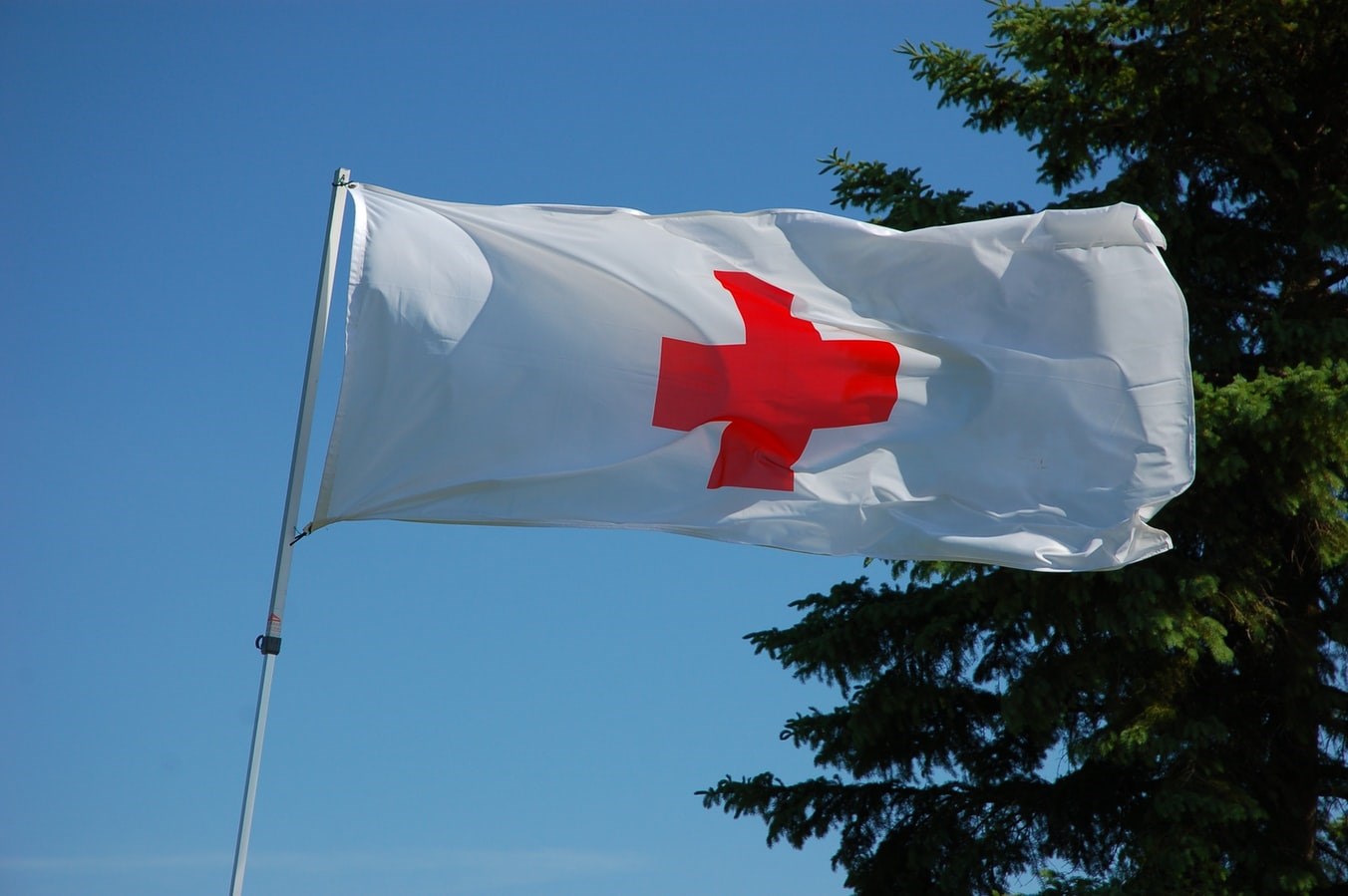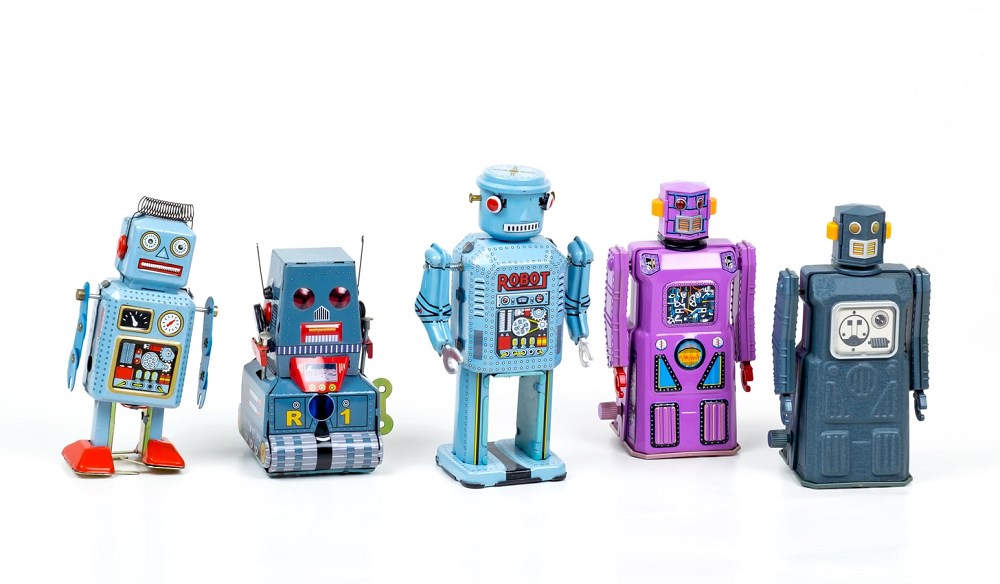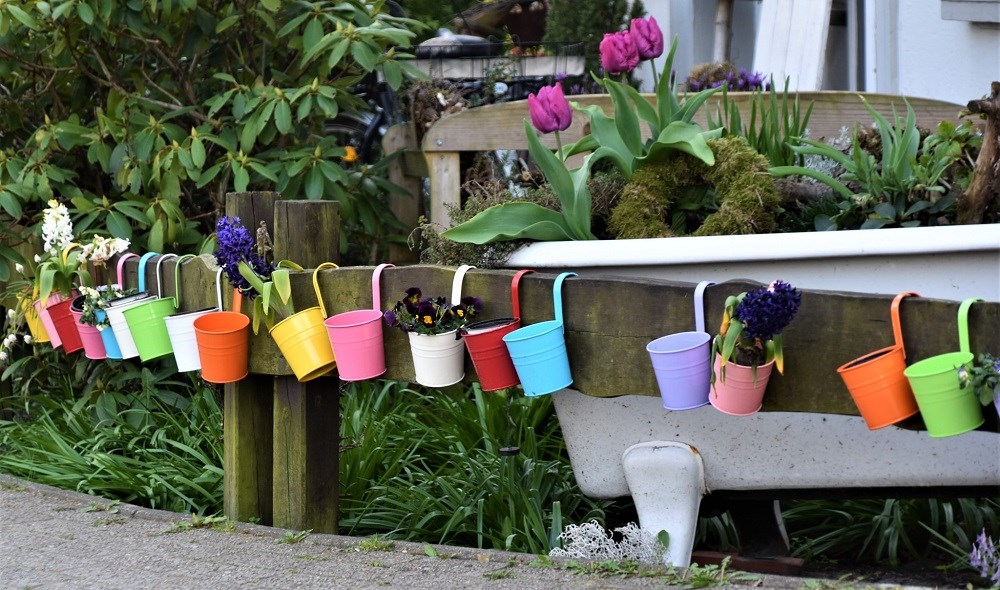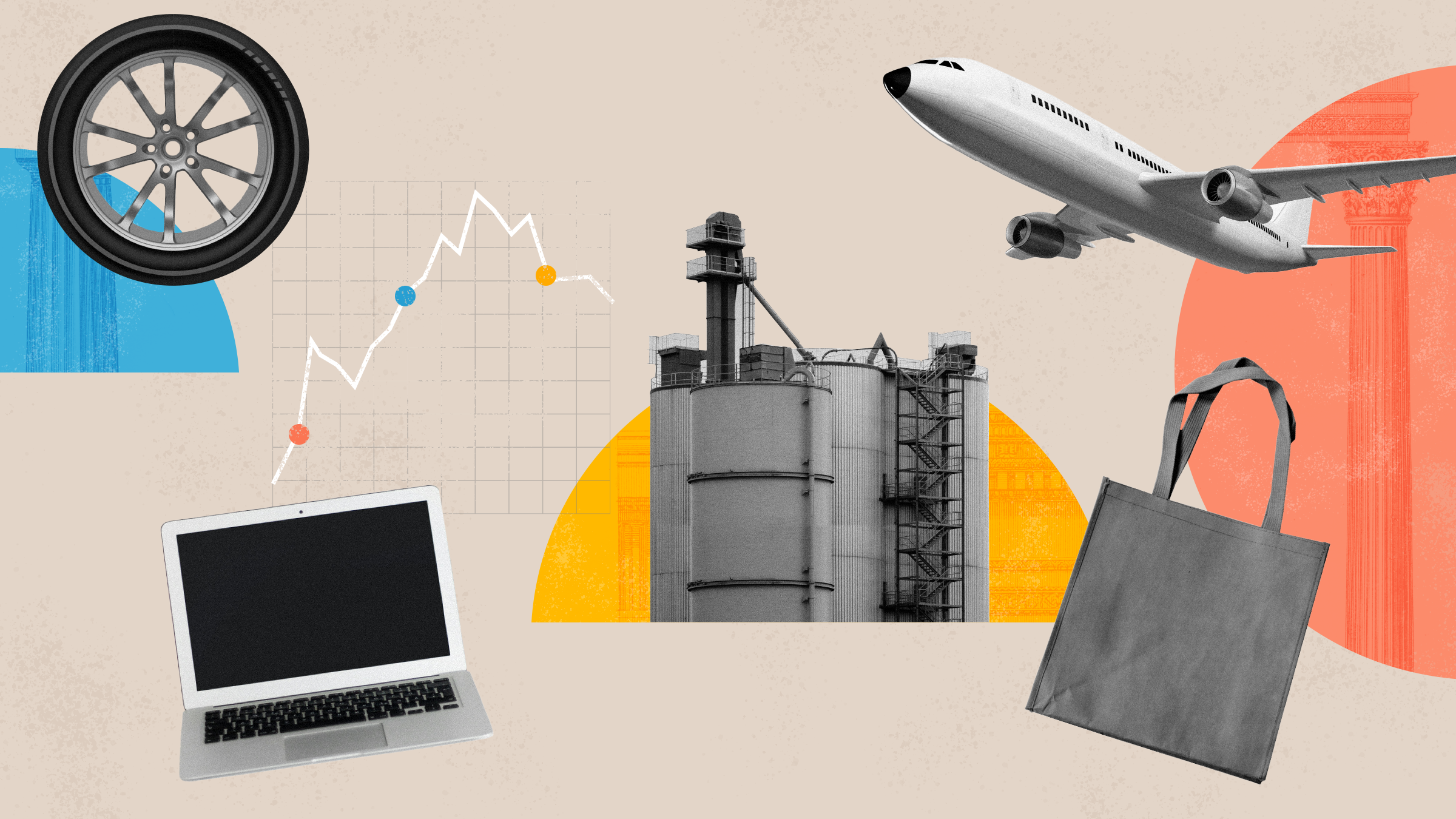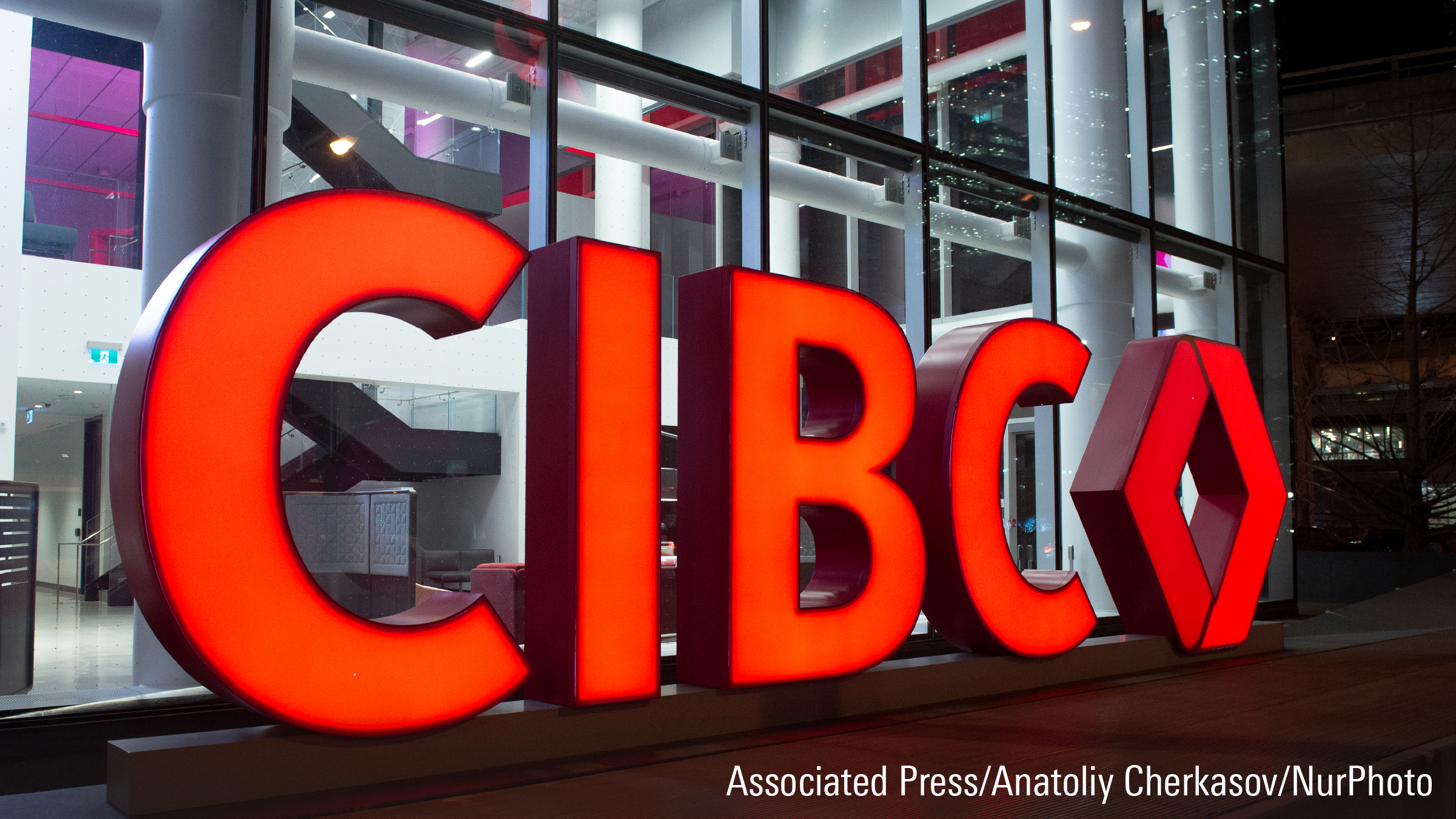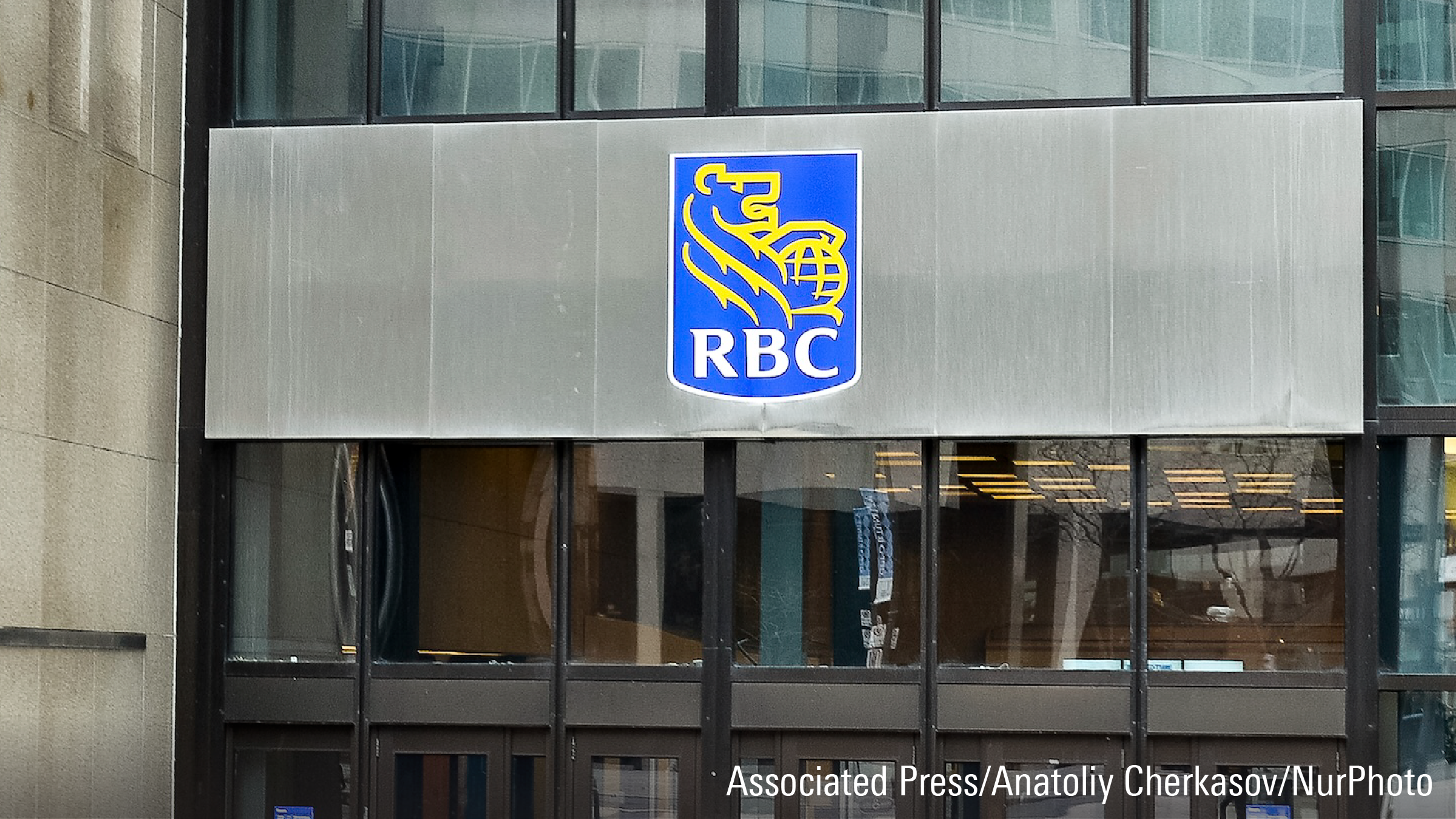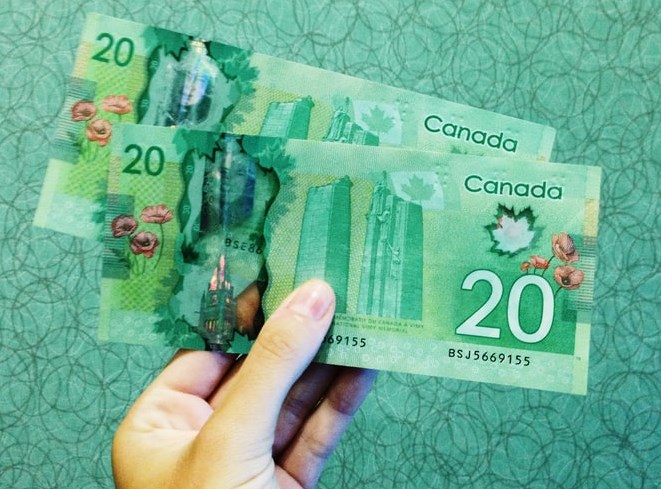
This article is a part of a month-long Morningstar Money Challenge. You can find the details here.
Yesterday, we talked about the importance of an emergency fund. A lot of people choose to keep their emergency funds in cash, to better get at it in a pinch. The task for today is to make the most of your cash. Morningstar’s director of personal finance Christine Benz has some thoughts on how best you can do this. In 2019, she published this article for a U.S. audience, where she talked about cash holdings. Here it is:
Investors, We Need to Talk About Your Cash
By Christine Benz
Just a few short years ago, many investors were feeling lackadaisical about their cash holdings, and it was hard to blame them: Yields on most cash products fell somewhere between zero and abysmal. When you consider the kind of volatility that both stock and bond investors were forced to endure in 2018, it's little wonder that many investors yanked dollars from long-term mutual funds toward the end of 2018 and steered the money to cash instead.
But even as many investors view cash as an attractive security blanket, it's still worth minding the nuances among various cash holdings, as well as carefully considering how much to hold in cash in the first place. If you're taking a fresh look at your cash holdings in the wake of newly impressive yields, here are some tips to keep in mind.
Do: Customize your cash allocation.
Before you begin comparing the yields on various cash instruments, it's crucial to right-size your cash holdings based on your own situation. People who are working and earning a paycheck generally need to hold less cash than people who are retired and drawing from their portfolios. The virtue of holding cash in retirement is that you're buying yourself protection against having to withdraw from stocks or bonds following a big disruption in either market.
Don't: Overdo it.
Research shows that you can expect the highest returns over the next decade from those investments with the highest volatility, such as emerging-markets stocks, whereas the lowest-return, lowest-volatility investments, especially cash, are at the bottom. Of course, there's no guarantees, but that pattern jibes with market history: Over most long-term time periods, investors have been able to earn a higher return in stocks and bonds than they have in cash. You pay an opportunity cost for peace of mind.
Do: Hold a bit extra if you're an opportunistic investor.
Many active investors like to hold a bit extra in cash--above and beyond the baseline amounts outlined above--in order to put money to work on the dips. If you're disciplined, that can be a great way to lower cost basis and improve take-home returns. If that describes your strategy, just be sure you have outlined clear triggers for your potential purchases. After all, if you hold extra cash but never see fit to deploy it (and it can take nerves of steel to put money to work in downturns!), that can drag on your bottom line over time.
Don't: Hold any more in low-yielding accounts than you really need to.
If you're an opportunistic investor who would like to put cash to work when stocks slump, the convenience of holding your cash in your brokerage account is hard to beat. That said, the most common cash option for investors with brokerage accounts is a sweep account, the yields on which can be incredibly low. Interest on brokerage sweep accounts have ticked up a bit recently, but are still well below other cash options.
Do: Shop around for a higher payout.
Yield is the most obvious differentiator among cash instruments, and it pays to shop around; don't accept what your bank or investment provider is offering without ensuring that it's in line with prevailing yields. But be sure to read the fine print about yield, too, especially on very tantalizing ones.
Don't: Ignore safety and diversification in the quest for yield.
In addition to reading the fine print, take a moment to think through whether you value an ironclad guarantee or are willing to go without in exchange for a potentially higher yield.
Do: Factor in your need for liquidity.
In addition to guarantees (or lack of them), liquidity constraints are another differentiator among cash holdings: If you're willing to tie up your money with a financial institution for a predetermined period of time, you'll usually be able to earn a higher return than if you'd like to have ready access to your cash. CDs will typically offer the most compelling yields of all cash instruments, but you'll usually pay a penalty if you need to crack into your holdings before the maturity date.
Don't: Ignore tax effects.
With cash yields as low as they have been, it has been hard to get excited about the taxes you'll owe on any income you receive from those accounts, even if that income is dunned at your ordinary income tax rate. When yields are heading higher, the tax effects of sizable cash allocations can be more meaningful, at least in real-dollar terms.
Additional Reading
9 Sources of Emergency Cash
How Much Cash Do You Need?





